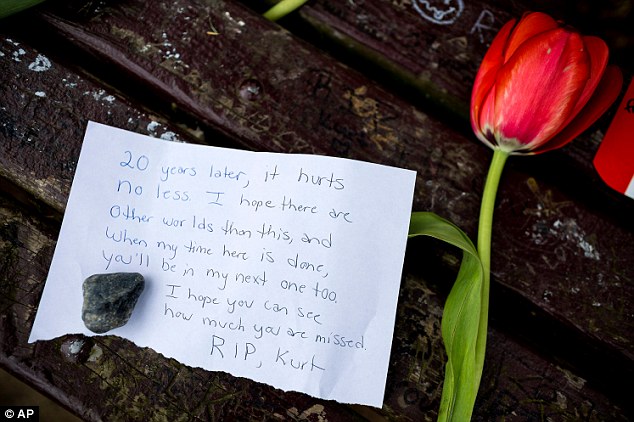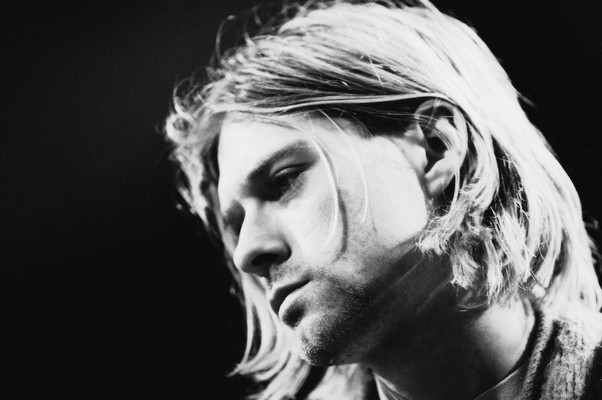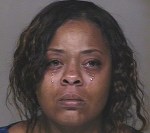In 1994, I was just learning to play the guitar and dreaming of being a rock star. Nirvana was at their peak. Their songs generally involved 3 chords, and they were all the easy ones, so many of the songs I learned at that stage were Nirvana songs. Every kid learning to play in the early 90’s banged out “Smells Like Teen Spirit” and pretended they were a rocking out in a Seattle dive.
Videos by Rare
I vividly remember hearing that Cobain had died. I wasn’t attached to him personally – I was too young to understand a lot of the hoopla surrounding his death.
But his music was already part of my world. I understood loss. I watched my 15-year-old neighbor and her friends cry. They plastered Cobain posters everywhere. They wore Nirvana tee-shirts and sang “Come As You Are.” MTV (yes, still a thing in 1994) showed his face endlessly. As I went into high school, all of the long haired guys with acoustic guitars were still banging out Cobain’s songs, many of which had been adopted as anthems.
What Cobain was to teenagers in the early 90’s was what Janis Joplin and Jimi Hendrix and Grace Slick and the rest of the Haight-Ashbury scene symbolized to teenagers in the late 60’s, and even what The Beatles were before them. He was able to speak to misery and honesty and angst and rebellion. He gave them a voice, a music that belonged only to them. It was so different from the synthed out pop of the 80’s, or the bubblegummy mess of the early 90’s.
When Nevermind was released, it was raw. It was new. It was angry. “Smells Like Teen Spirit” was an anthem.
Sometimes figures come along in music who give voice to something many are feeling but no one is saying. It’s rare, but such icons shape generations. Tragically, the same sensitivity and artistic power that makes them great is what ultimately destroys them.
 Cobain caught the attention of Neil Young – an iconic singer songwriter that became a bit of a touchstone for the grunge scene. Young, an introvert who had his own battles with fame, was able to put into words some of what he saw in Cobain:
Cobain caught the attention of Neil Young – an iconic singer songwriter that became a bit of a touchstone for the grunge scene. Young, an introvert who had his own battles with fame, was able to put into words some of what he saw in Cobain:
‘Well, you know, it’s a hard thing to deal with,’ Young said. ‘I guess Kurt felt too much. I think it’s sad that he didn’t have anybody to talk to that could’ve talked to him and said, `I know what you’re going through, but it’s not too bad. It really isn’t bad. Just (expletive) blink and it will be gone. Everything will be all right. You’ve got a lot of other things to do. Why don’t you just take a break? Don’t worry about all these (expletive) who want you to do all this (expletive) you don’t want to do. Just stop doing everything. Tell them to get (expletive) and stay away.’ That’s it. That’s what I would have told him if I had the chance. And I almost got a chance, but it didn’t happen.’
The grunge movement of the 90’s was the last real rock revolution. It was the last group of bands that started in garages and played dirty clubs, instead of lining up outside American Idol auditions. The early 90’s were the last years before Britney, N*Sync and auto-tune.
Cobain pioneered that movement and his influence still runs deep. As with all powerful and transformative music, it wasn’t about Cobain. It wasn’t even about Nirvana or their songs. It was about the power of that movement, what it represented to people and how it changed them.
For that, Kurt, you are still missed.



